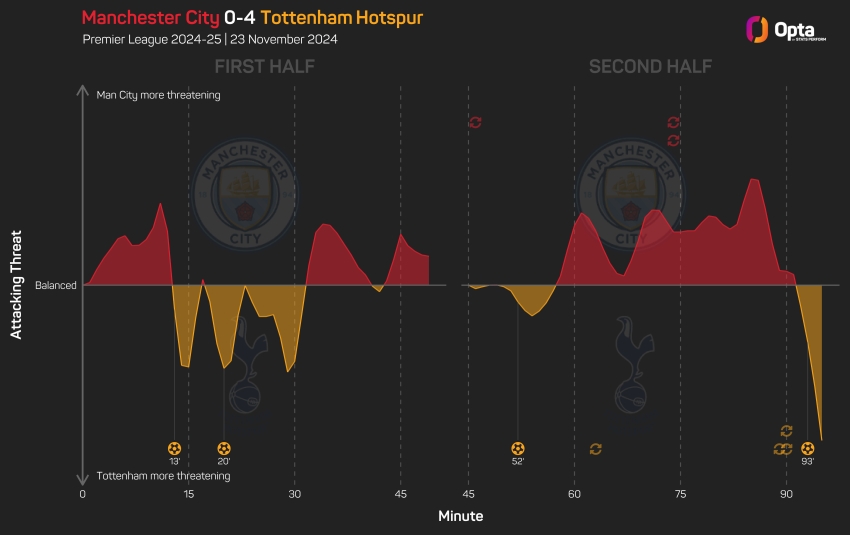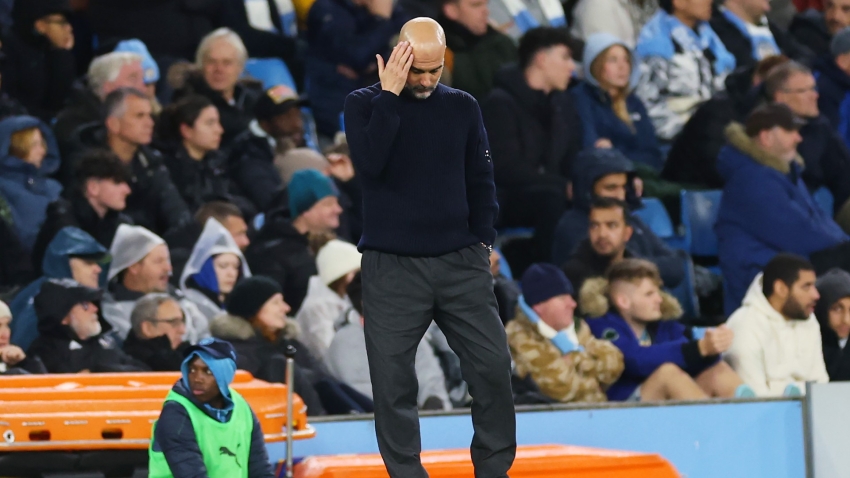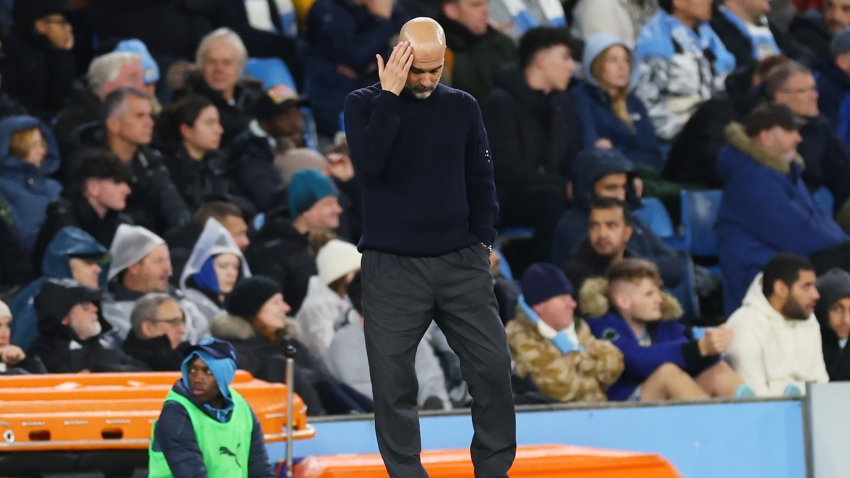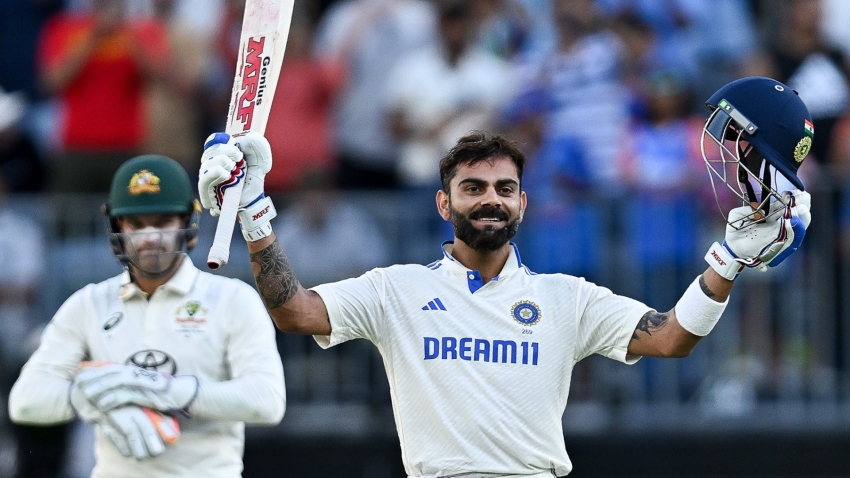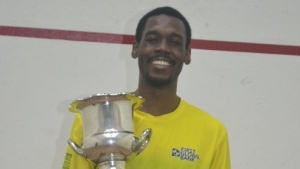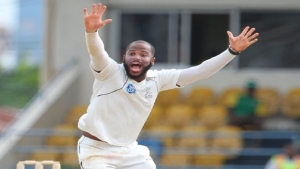The legal battle surrounding Jamaican squash player Julian Morrison has taken a contentious turn as his attorneys, Matthew Gayle and Dr. Emir Crowne of New City Chambers, are at odds with the Independent Anti-Doping Panel (IADP) over its decision to hold the upcoming hearing virtually. The dispute arose after Morrison’s legal team, who had planned to attend the hearing in person, was informed at the last minute that the proceedings set for September 3 and 4, would be conducted via Zoom.
Morrison, who was provisionally suspended by the Jamaica Anti-Doping Commission (JADCO) in April after testing positive for trace amounts of the banned anabolic agent Boldenone, has been eagerly awaiting the chance to clear his name. His legal team has argued that Morrison unknowingly ingested the substance and is determined to prove his innocence.
Matthew Gayle expressed his frustration with the IADP’s unilateral decision to conduct the hearing virtually, especially given the substantial expenses incurred by the athlete for his legal team to travel to Jamaica.
“My personal opinion is that the unilateral decision by the Independent Panel to hold this hearing, a substantive hearing by virtual means, made at the 11th hour, and without any consultation with the parties, offends every sense of justice of the matter," Gayle said. "In particular, Dr. Crowne and I indicated that we were in the midst of making travel arrangements some two weeks ago, and this was communicated to the panel."
He continued, “Since then, the athlete has expended significant funds for us to travel to Jamaica in order to represent him in person, only to find out less than a week before we travel that the hearing is to be held by Zoom. This is in the context of there has been very little, if any, movement in bringing this matter to a head since April. It reeks of bureaucratic inefficiency. I just hope that the athlete is able to get a fair hearing. At the end of the day, this athlete has been on provisional suspension for a significant period, and the case is yet to be heard, yet to be proven.”
The situation escalated further when Sportsmax.TV obtained copies of the correspondence between Morrison’s representatives and Christine Minto, chairperson of the IADP. In the emails, Morrison’s legal team expressed their surprise and disappointment at the decision to hold the hearing virtually, especially after making it clear on multiple occasions that they intended to be present in Jamaica for the hearing.
“We are very surprised to learn that the choice of online forum for the hearing is on account of the athlete's representatives living/working out of the country. The experts appearing virtually is also a surprising rationale, since by that account there would rarely be an in-person hearing," the correspondence read.
The attorneys emphasized that their plans to attend in person had been communicated clearly, both verbally and in writing, yet the decision to go virtual was made without their input.
In response, Minto defended the Panel’s decision, stating that the hearing had been conducted virtually from the start and that it should not have been unexpected that it would continue in the same manner. She pointed out that the athlete’s representatives did not specifically request an in-person hearing early enough and suggested that their decision to book accommodations in Jamaica was based on their preference to be in the same room as their client during the virtual hearing.
“This matter has been conducted virtually since the commencement of the hearing process. We have had at least four hearing dates so far, virtually. Therefore, it ought not to have taken anyone by surprise that the hearing will be continuing and concluding virtually," Minto explained.
She added, "A specific application ought to have been made for an in-person hearing by the athlete. Perhaps at the same time, as the application for a public hearing. It was certainly neither clear to us nor unequivocal that the athlete desired an in-person hearing. Further, the importance of the athlete’s evidence is not diminished or undermined if it is taken virtually.”
As the dispute over the hearing format continues, the focus remains on ensuring that Julian Morrison receives a fair trial and that the case, which has been pending for several months, reaches a timely conclusion.









